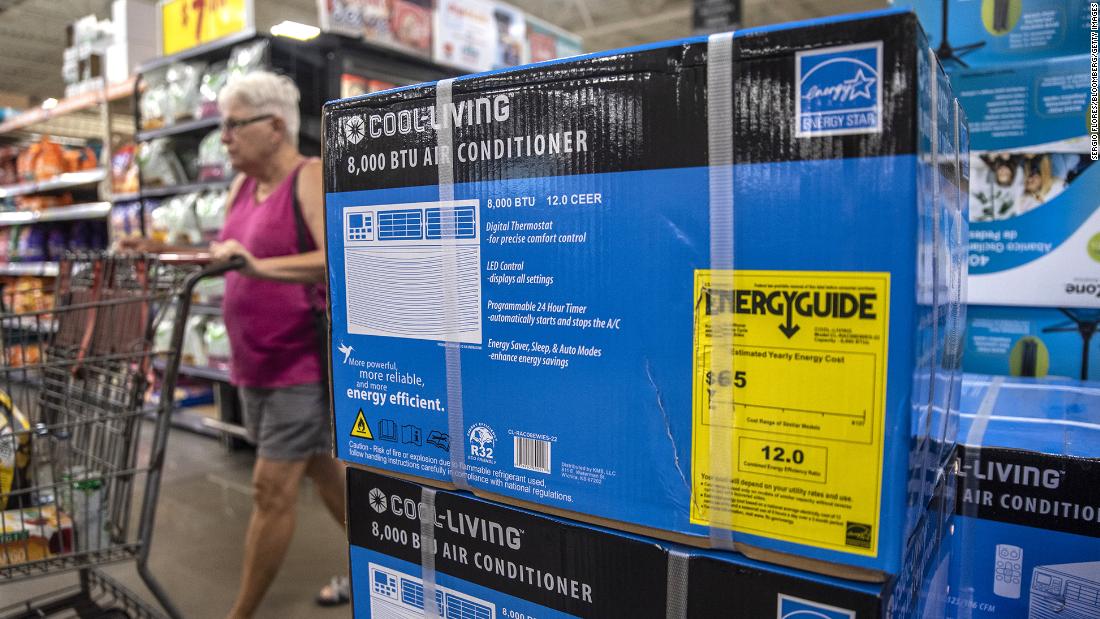Opinion: A very European answer to air conditioning
Inevitably, they go on to moan about the stuffy, sweaty restaurants and night clubs that go without air conditioning as if it had never been invented.
For their part, Europeans had, until recently, done their own grousing about Americans’ infatuation with AC: so wasteful in its high energy usage, unhealthy with the frosty temperatures in mid-summer and annoying given the incessant buzz of the window units!
Air con was seen as yet another luxury item of an everything-all-the-time population that insisted on a constant temperature year-round — and gave no thought to its environmental implications.
A vicious cycle of emissions
Europeans’ — and indeed the world’s — embrace of AC, however, is relevant far beyond the humble pie they appear to be digesting without a burp.
In other words, the hotter the planet gets, the greater the need — in many places in Asia and the Middle East, and parts of the US and Europe, an existential need — for cooling.
The higher carbon emissions — and temperatures — rise, the more cooling we will need. This is the vicious circle, presumably an iron logic that condemns us all to ever more unbearable summers.
The way out
Yet, this scenario is no fait accompli and the means to break the vicious circle already lie in our hands.
Europe, out in front developing sustainable solutions to our planet’s ongoing climate breakdown, has already begun implementing the technology and strategies to keep cool without making everything even hotter. The hitch: most of this innovation involves changing habits.
The first and most obvious route is the expanded use of renewable energy. An AC unit that relies on solar panels bolted to the roof or perched in the side yard has no carbon footprint to run.
An average AC system runs on the same electricity as a dishwasher, though the high energy use requires far more capacity from a solar set-up.
The good news: National energy systems using large quantities of clean power — be that wind, solar, hydroelectric or another source — inevitably experience smaller spikes in emissions.
With solar and wind prices now cost competitive — and fossil fuel prices soaring as a result of the war in Ukraine — clean energy make economic sense on an entirely new scale.
The drawback is that the clean energy rollout won’t lessen emissions significantly overnight: the real impact will manifest itself in the medium and long-term when whole energy systems rely largely or exclusively on renewables. And that will take years, and in some cases, decades.
It is self-indulgent to insist on chilly temperatures in the middle of summer and rooms at t-shirt warmth in winter. The donning of sweaters indoors when it’s cold outside, not because the AC is cranked up so high, is surely a habit one can adapt to.
Right now, conservation is the order of the day: to save our planet and deny Russian President Vladimir Putin his energy stranglehold of Europe.
For all the latest world News Click Here

